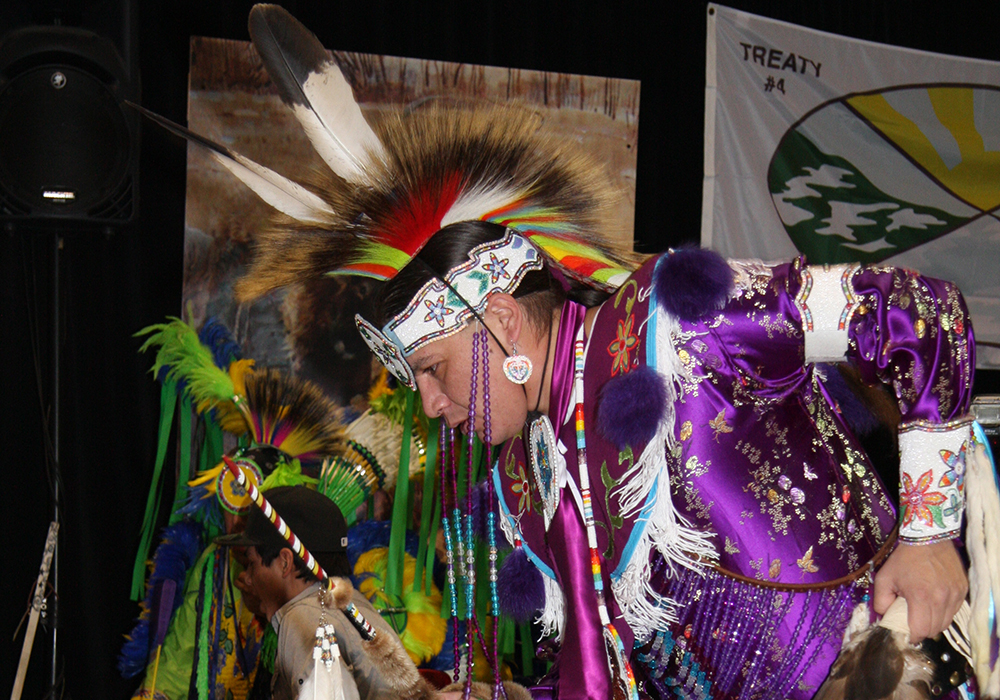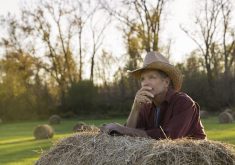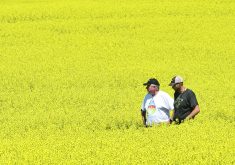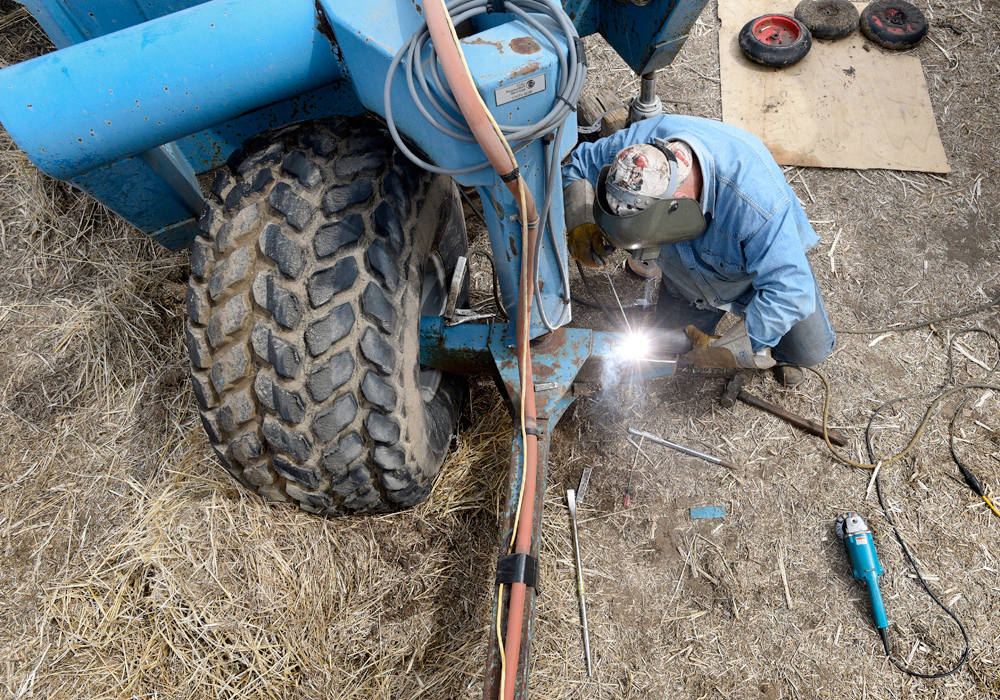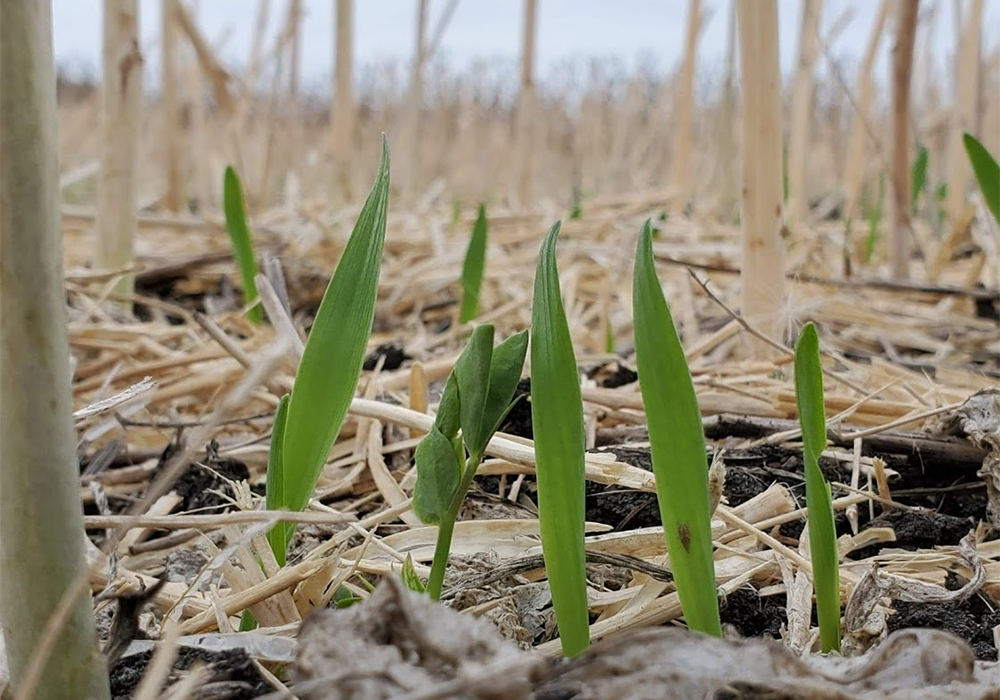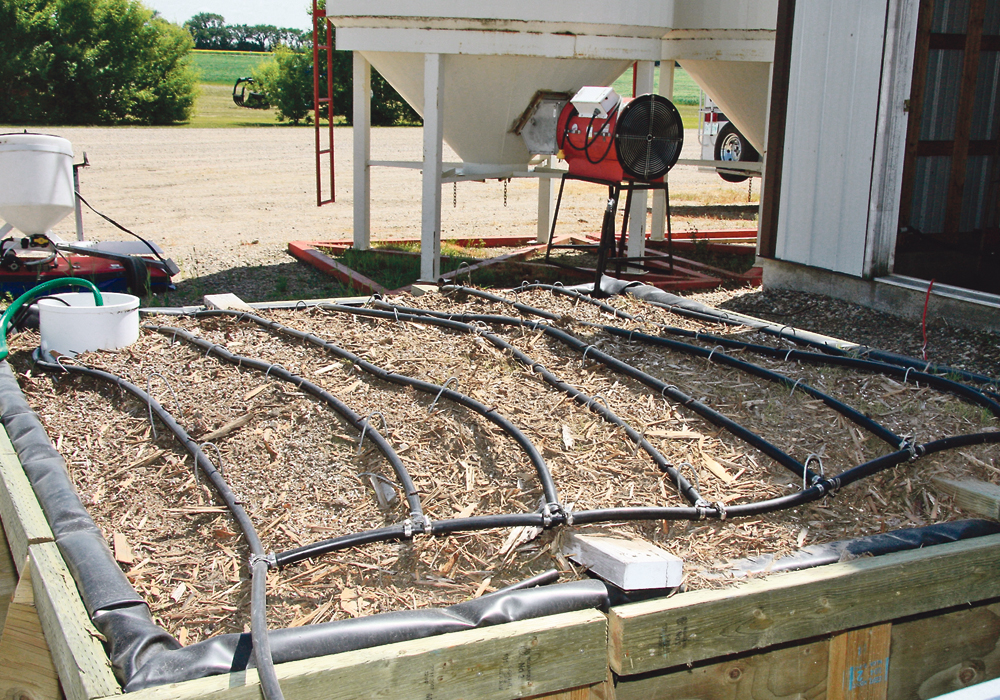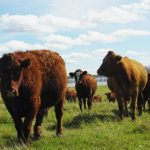In the context of today’s public policy environment, education is at the forefront of most meaningful change. Education, in every sense of the word, is of particular importance as it pertains to reconciliation with Canada’s Indigenous peoples.
With National Indigenous Peoples Day occurring earlier this week, it’s an important time for us to learn more about the rich and diverse cultures, voices, experiences and histories of First Nations, Inuit and Metis peoples.
It’s also important to look to agriculture and consider where future partnerships and collaboration with Canada’s Indigenous peoples may exist.
Read Also

Rural emergency room closures continue to be vexing problem
Staffing issues are at the root of disruptions and closures in hospital emergency departments, both in rural and urban Canadian locations.
Canada’s painful past is not behind us. Our history remains with all of us today and with future generations. While it might seem convenient to suggest it is time to ‘forgive and forget’, remembering and planning for a better future is the essence of Truth and Reconciliation.
Educating ourselves can be challenging and uncomfortable. But as we look toward the future, education may be the most important step for a different future. Both education for ourselves, and access to education for Indigenous peoples.
Within Canada, Indigenous youth are the youngest and fastest growing demographic.
This has significant implication for the Canadian public, government, and the Canadian economy. And as we look to the future, it’s important to look beyond the world that exists now and plan for the world that exists in 10 years.
Additional tools, resources and funding will be required to ensure education is accessible for everyone. Education is a basic human right.
But there seems to be a mobilization trend among Indigenous populations away from rural reserve life. Census data has demonstrated significant rural to urban migration over the past five years. Surveys indicate there are many reasons for this migration, one of them being access to education or schooling opportunities.
This shift changes the way that education is provided to Indigenous children. In the 1970s the NDP government in Saskatchewan initiated the creation of Indigenous-dominated municipal governments in northern Saskatchewan. Schooling was occurring on reserve.
The government’s rationale was that about 25 percent of First Nations people desired a lifestyle that self-governing reserves provided and that this should be respected. Another 25 percent successfully engage in mainstream Canadian priorities and culture. The remaining half migrate between reserve and towns or cities and face challenges in both environments.
But as mobilization occurs away from reserves there is opportunity for Indigenous children in towns and cities. And understanding the barriers that exist will improve success for these children.
The most important years of a child’s life are between the ages of zero and five. Food security, transportation, cultural programming and overall child-teacher experience are a few foundational areas for educational success. The basis for this is trauma-informed practices and cultural incorporation such as Indigenous language classes and Indigenous community members.
Efforts toward reconciliation with Indigenous people in Canada needs to incorporate education at all levels — access to education, educational supports, and education for the Canadian public. But in all of this, it’s important to maintain self-determination and individuation for Indigenous peoples.
Tools to enter the job market are great, but the line between perpetual and subtle colonization of Indigenous peoples into the Canadian economy can easily be blurred. Ultimately, it’s about ensuring that no one is left behind while allowing for choices and opportunity.
Agriculture is an inclusive and community-oriented industry that is well situated for meaningful reconciliation with Canada’s Indigenous people. We are all connected to the land. But we also need good policy and good people, locally, provincially, and nationally.
We also need to be ready to learn new ways of conducting business, working within nature, asking questions and implementing traditional practices into our current system of commerce.
Katelyn Duncan is a farm management consultant and professional agrologist based out of Regina. To contact her please email katelyn.duncan@backswath.com.



